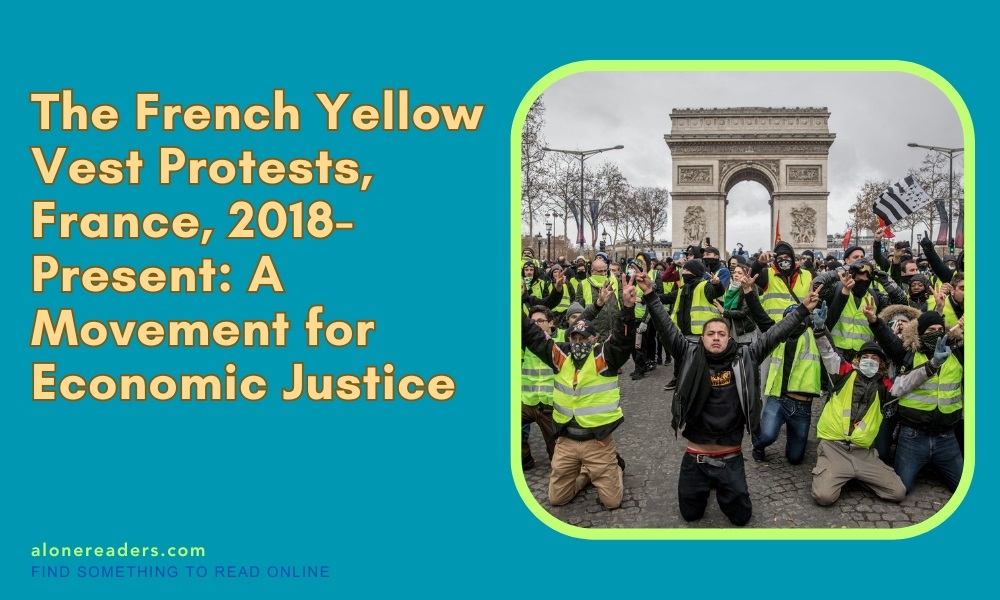
In late 2018, France found itself at the epicenter of a profound social movement that would not only shake its political landscape but also send ripples across the globe. Known as the "Gilets Jaunes" or Yellow Vest movement, this uprising began as a response to rising fuel taxes but quickly evolved into a broader call for economic justice and systemic reform.
The Yellow Vest protests originated from a grassroots campaign against the fuel tax increase announced by President Emmanuel Macron’s government. This policy was perceived as disproportionately affecting the working and middle classes, particularly those in rural or suburban areas who rely heavily on vehicles for transportation. The initial outrage over fuel taxes soon morphed into a wider expression of frustration against high living costs, stagnant wages, and the perceived elitism of the French governing authorities.
Unlike traditional movements with clear leadership and structure, the Yellow Vests were initially characterized by their spontaneity and decentralized nature. Protesters, identifiable by the fluorescent yellow vests all French motorists are required to keep in their vehicles, used social media to organize and mobilize. Saturdays became synonymous with protests, and the scenes often involved blockades of roads, fuel depots, and even symbolic landmarks, coupled with demands for lower taxes, higher salaries, and better public services.
The intensity of the protests led to significant clashes with police and considerable disruption across France. Paris saw some of the most dramatic confrontations, with landmarks like the Champs-Élysées experiencing vandalism and street battles. The government's response was a mix of conciliatory measures and staunch law enforcement tactics, but neither approach seemed capable of fully quelling the discontent.
President Macron, facing the most significant challenge to his leadership, embarked on a "Great National Debate" intended to address the grievances of the protesters and other citizens. This initiative involved town hall meetings across France, where citizens could voice their concerns and propose solutions. Although this was a step toward dialogue, many Yellow Vest participants viewed it as insufficient, pointing out their ongoing struggle for a more equitable economic system.
The movement's impact on French society and politics has been significant. It has highlighted the growing disconnect between metropolitan elites and rural or suburban populations. The protests have also forced the government to reconsider its approach to taxation and public policy, leading to the cancellation of the fuel tax hike and the introduction of measures aimed at improving the purchasing power of the lower and middle classes.
However, the Yellow Vest movement has not been without criticism. The lack of a unified leadership or clear set of demands made it difficult to negotiate or reach a definitive conclusion to the protests. Moreover, the demonstrations were sometimes marred by extreme violence and public disorder, complicating public sympathy and support.
As of today, while the intensity of weekly protests has waned, the movement still exists as a symbol of resistance against economic inequality and injustice in France. It has inspired similar movements in other countries, highlighting a global resonance with its core message of economic fairness.
In reflection, the French Yellow Vest movement is not just a local phenomenon but a signal of broader societal issues that many countries face today. Economic disparities, the cost of living, and governance that seems out of touch with the common people are challenges that continue to provoke public outcry. The legacy of the Yellow Vests will likely persist as a reminder of the power and impact of grassroots activism in the 21st century, illustrating that when voices unite in demand for justice, they can indeed challenge the status quo and push for meaningful change.